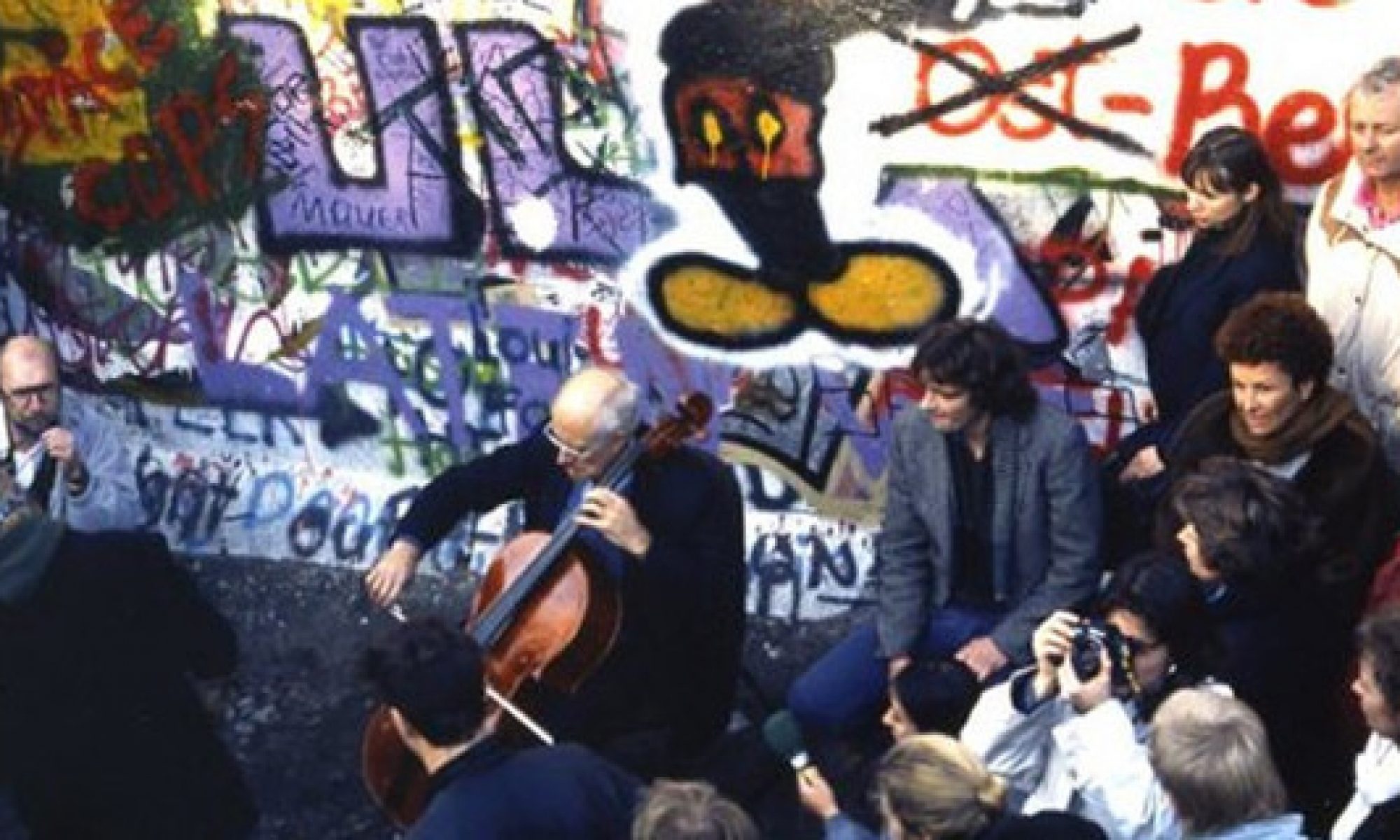As Louise Meintjes points out, “this idea of collaboration presented by the music is understood differently by various interpreters” (37). The concept of collaboration and how it ties in different people and styles and cultures illustrate the variability of any production and in this case, the variability of Graceland. Paul Simon’s Graceland was made in collaboration with many different American and South African artists, and the collaboration was on a large international scale. Paul Simon explicitly stressed that he created this album as a sort of cultural collaboration, “a cultural sociological point of view,” and not in fact as a political statement which his critics attempted to define the album by (39). Simon refused to say what political party he was supporting: “I cannot really endorse one in particular” (39). His inability to define his stand about South African politics allowed Graceland to be ambiguous and up to interpretation, and different groups used the album to their advantage.
Liberal white South Africans saw it as a cultural bridge between South Africa and the United States even the world, while conservative white South Africans “embraced Graceland because of the changes (in their terms ‘improvements) Simon has introduced” to these traditionally African sounds (55). Black South Africans that supported Graceland saw it as an opportunity for South African culture to be spread around the world and allow South African artists to gain a foothold in the international music industry, but black South Africans that condemned the project saw it as cultural appropriation and saw Paul Simon as a “colonizer” of African sounds (50). Each group interpreted Graceland in their own fashion because their interpretations are shaped by their individual backgrounds and what they have been exposed to.
- In the song, “Homeless,” how is Ladysmith Black Mambazo’s sound mixed with Paul Simon’s?
- Do you think Paul Simon’s world tour organization was meant to be philanthropic or more for the image of Paul Simon himself?
- How did the album help white South Africans “construct a history for [their] local identity?
- How has peasant history and folk tradition helped mold national identity? How should white South Africans have used the peasant history and folk tradition to help mold their local identity?
- Why would the South African state support Graceland and play it on state radio?
- How was Graceland useful to conservative white South Africans?
- How did Paul Simon help the South African musicians that he collaborated with?
- What affect does the United States having control over the music industry have on music produced outside of the US?
- How does Graceland fit in with the rhetoric surrounding the cultural boycott of South Africa?
- Was Paul Simon a colonizer that exploited the South Africans that collaborated with him on the album?

